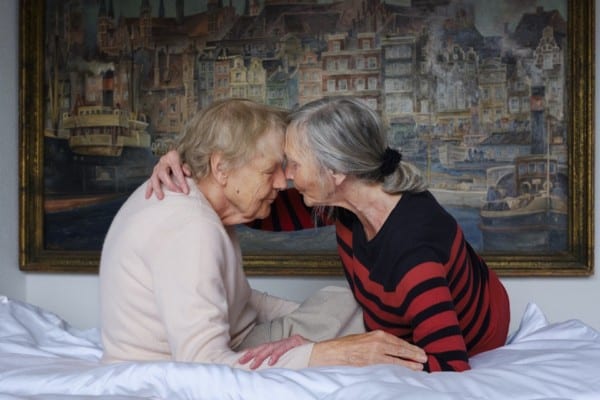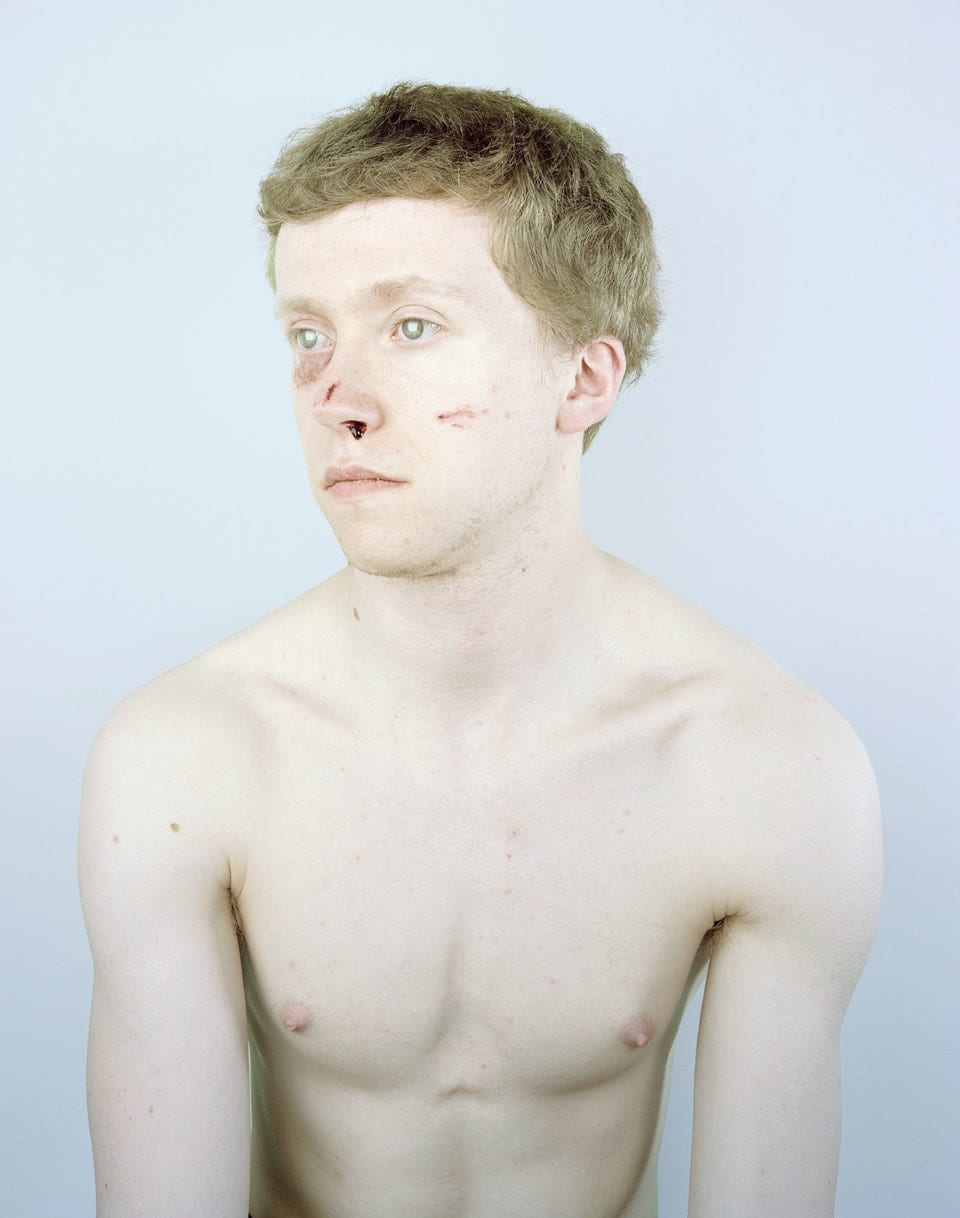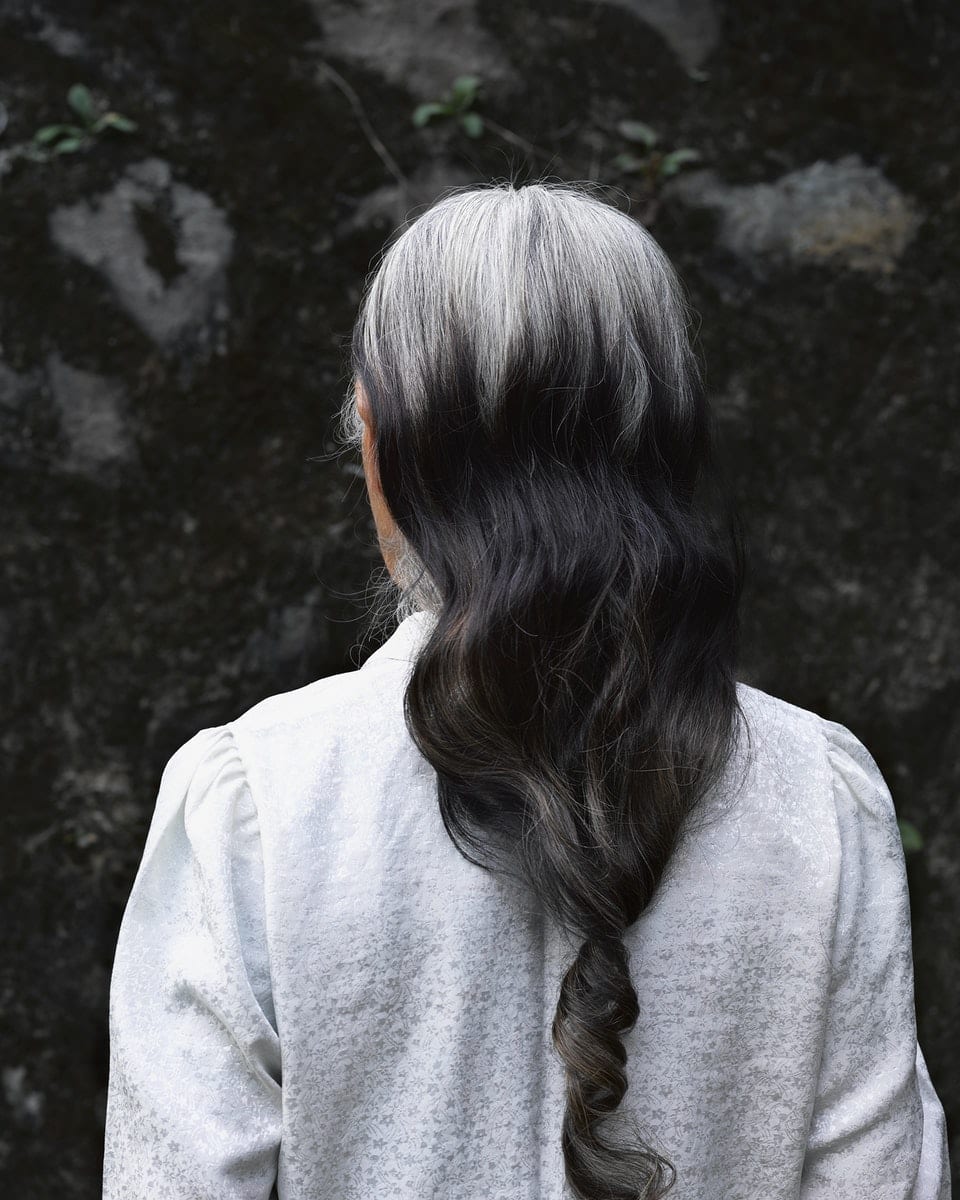Image Credit: © Mirja Maria Thiel.
Three bodies of work and 30 single images have won the third edition of one of British Journal of Photography’s biggest awards
As the world attempts to rebuild itself in the wake of a year defined by struggle, 1854 Media and British Journal of Photography are proud to present Portrait of Humanity 2021: a timely celebration of human strength, community, intimacy and hope, exploring all that makes us human at a momentous time in our history.
Selected by a panel of photo editors, directors and curators from leading institutions, three series and 30 single images have been named this year’s winners, due to be exhibited around the world as part of the Portrait of Humanity 2021 Global Tour, visiting Belfast Photo Festival (Ireland), PHOTO 2021 (Australia), and Indian Photo Festival (India).
Series category
One of three series winners, Edgar Martins’ What Photography and Incarceration Have in Common With an Empty Vase is the product of a collaboration with HM Prison Birmingham (UK), its inmates, and their families. Shot over three years, the project traverses image and text, evidence and fiction, to examine how we deal with the absence of — and enforced separation from — a loved one in the context of incarceration. “Prison, as an institution, is the only place where power is manifested in its raw state, in its most excessive form, and where it is justified as moral force,” says Martins. “In that sense, [the project] tells us that for all the advances we have made as a species, we still have a long way to go to recognise the humanity in others.”
Alexa Vachon’s Grounded interrogates the layered experiences of amateur international women football players in Afghanistan, Cambodia, Lebanon, Pakistan, and Germany — all of whom fight social stigma simply to be able to play a game. “The first time I met women players was during a football conference in Berlin in 2014,” recalls Vachon. “While from various religious, economic and cultural backgrounds, I came to see the common thread through all of their stories: the fight for the right for women and girls to play soccer and to be recognized as equals in their communities.”
Hyeoyon Kim’s Abnormal Sense is this year’s final series winner. Having grown up with her grandmother, who lost her entire family to the atomic bomb dropped on Hiroshima in 1945, Kim spent several years tracking down generations descended from atomic bomb survivors to examine their shared experiences. “What I’ve clearly learned during my work is that the event occurred on a day 75 years ago across the sea, and yet still has a harsh and valid ripple effect across generations,” says Kim. “[The project] is the dearest letter from grandmother to mother, mother to her daughter, and daughter to her child, who will be born in the future.”
Single image category
The 30 single image winners due to go on show depict cow farmers to carnival performers, drivers to dancers, lovers to brothers — a rich and moving tapestry of everyday lives that span the globe.
Amongst them, Carloman Macidiano Céspedes Riojas captures Wells, a gay immigrant in Buenos Aires, as part of a wider project exploring the LGBTQ immigrant community in Argentina’s capital. A member of this community himself, the photographer explains: “Although we left our countries in search of a better future, I find in several immigrants that the implicit and main reason is to find freedom that is not available at home… [My portrait] is about saying ‘here I am’; I am real, I exist. Because the image not only talks about Wells, but it talks about me.”
Michelle Neeling’s portrait of Fiji’s Vou dance team — their resilience and community spirit in the face of 2020’s challenges — also proves particularly potent. To Neeling, the troupe symbolises the power of togetherness in a rapidly shifting world: “In order to find solutions to very real and present dangers, such as the existential threat being posed to Pacific Island nations by climate change and rising sea levels, we need to make thoughtful decisions on a community level,” says the photographer. “When we rise together, our thoughts considered and coherent, we can walk into a new and better world.”
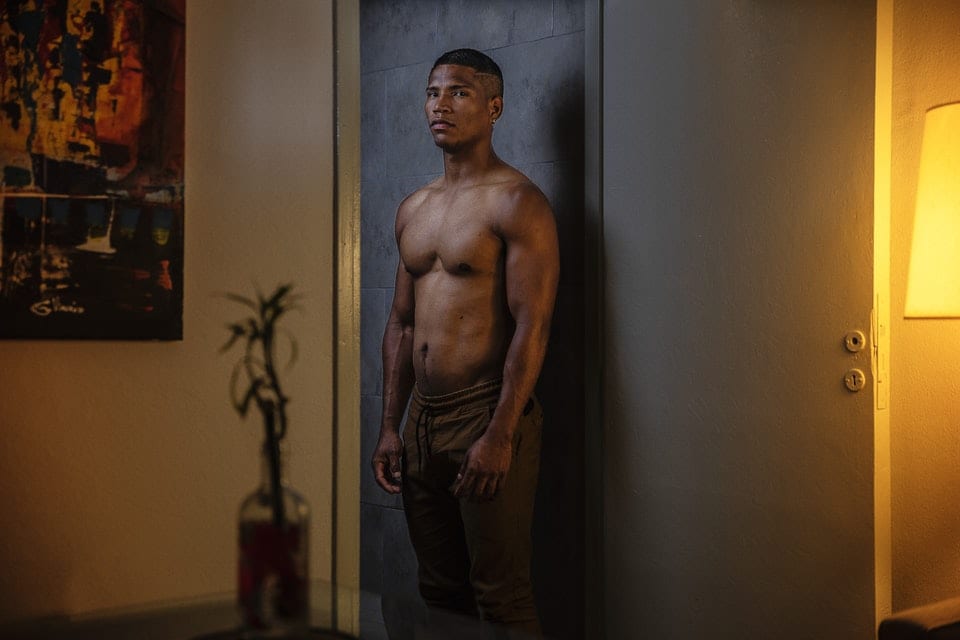
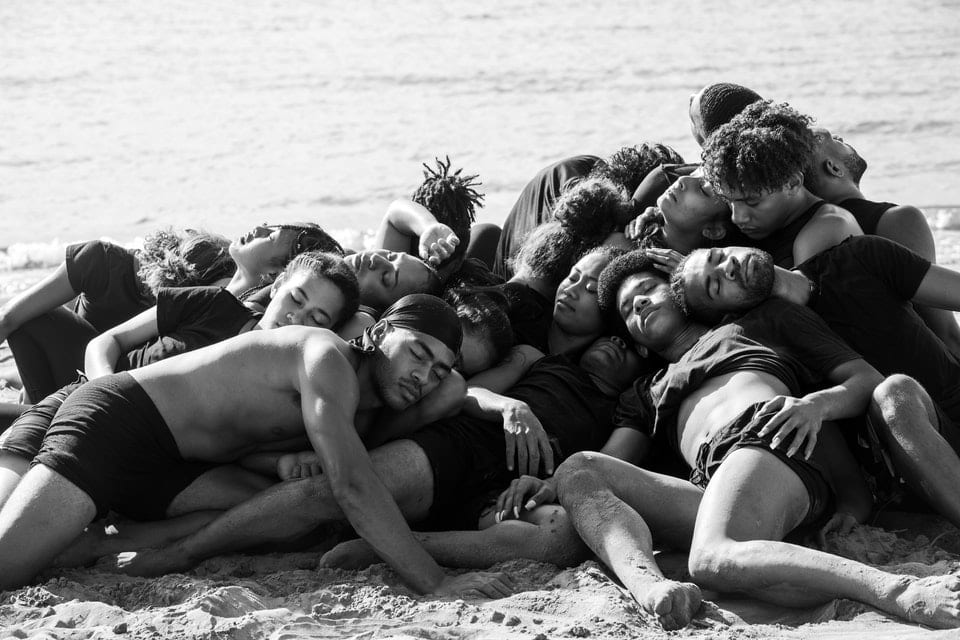
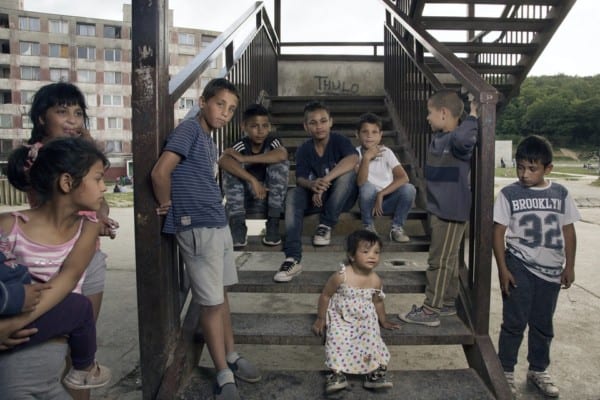
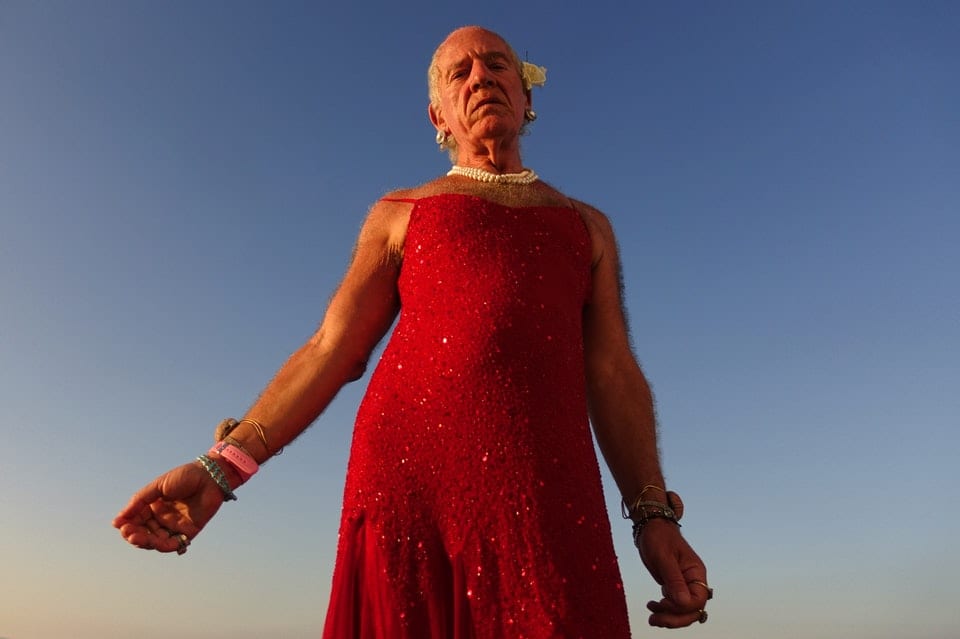
The full list of Portrait of Humanity 2021 single image winners includes:
Adam Docker
Alexander Zeverijn
Carloman Macidiano Céspedes Riojas
Carlos Saavedra
Carrie Jiali Ma
Celia Ruiz de Castilla
Chiara Fabbro
Daisy Gaston
Elena Orta
Elise Corten
France Leclerc
Giles Clarke
Guillaume Flandre
Ingvar Kenne
Jack Lewis
Jo Fetto
Julia Schonstadt
Laurence Watts
Laurent Nilles
Le Massi
Louise Amelie and Aljaž Fuis
Luka Lukasiak
Michelle Neeling
Mirja Maria Thiel
Niccolo Rastrelli
Nicole Ngai
Niv Shank
Paolo Barretta
Rhombie Sandoval
Rohit Iyer
Entries Open for OpenWalls 2021
Designed to elevate the careers of both emerging and established photographers, OpenWalls 2021 is open now for entries.

